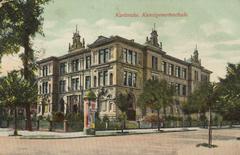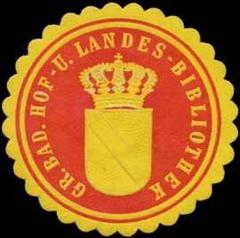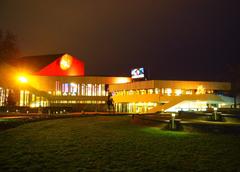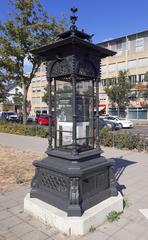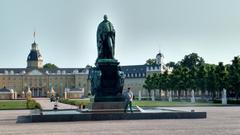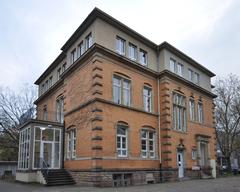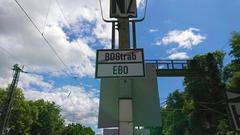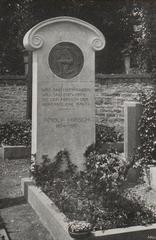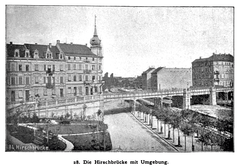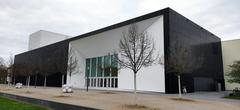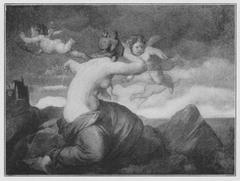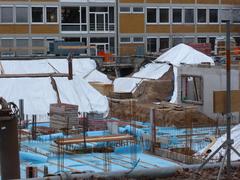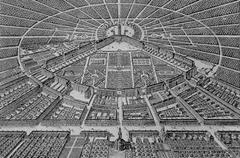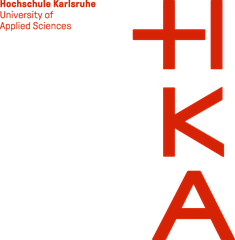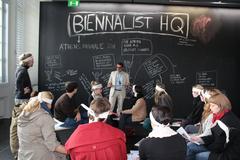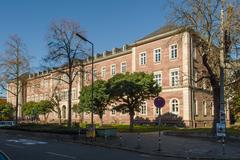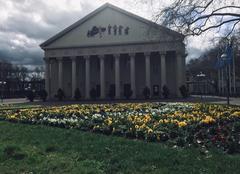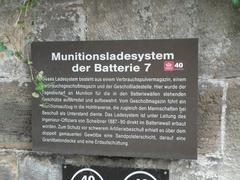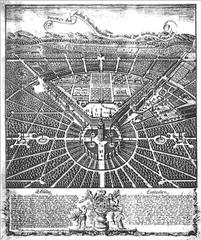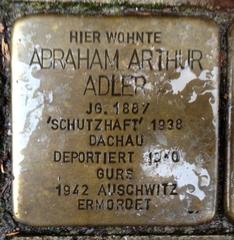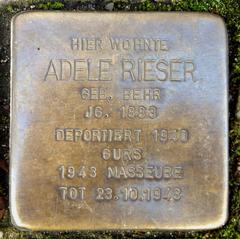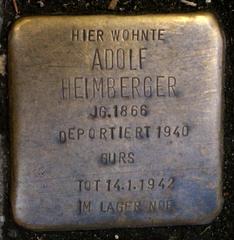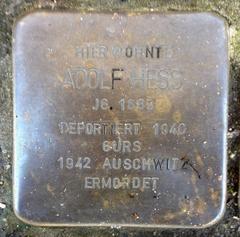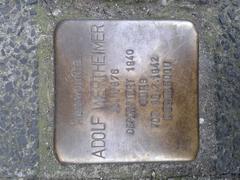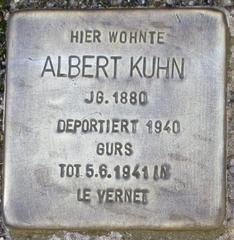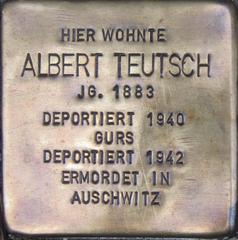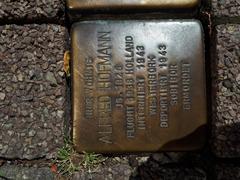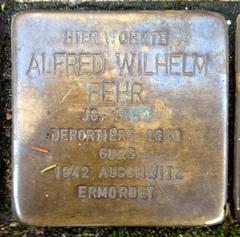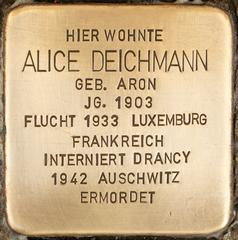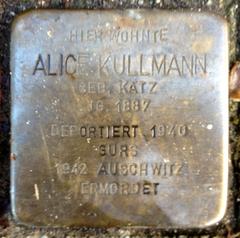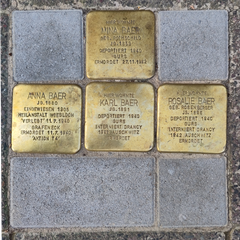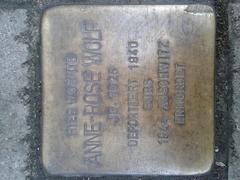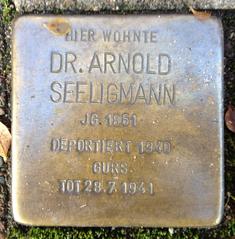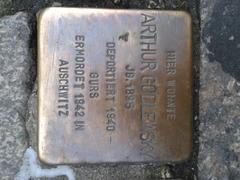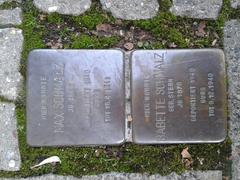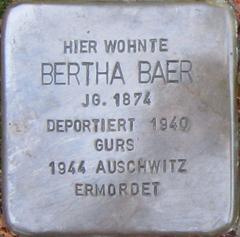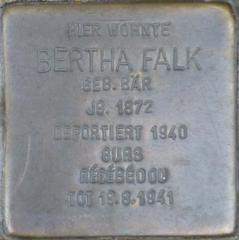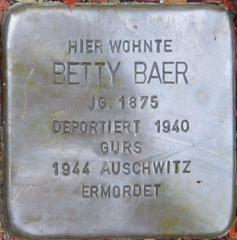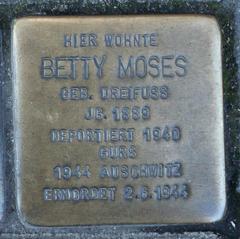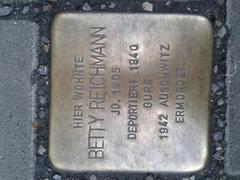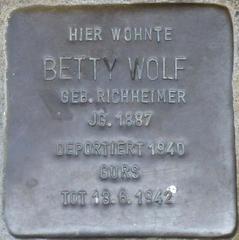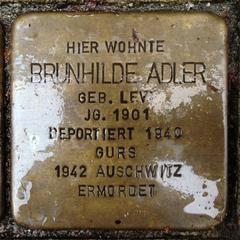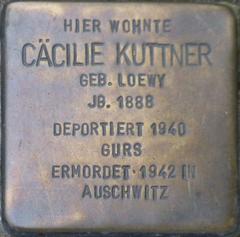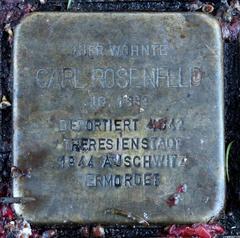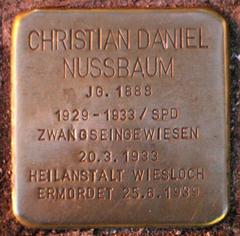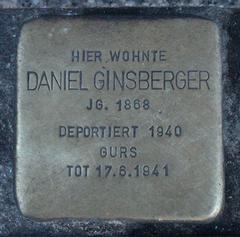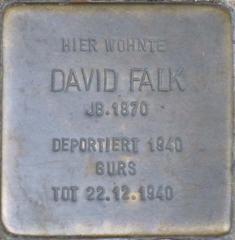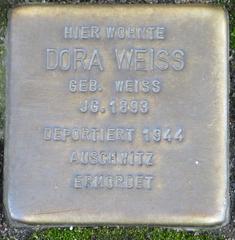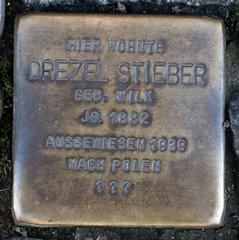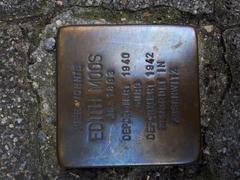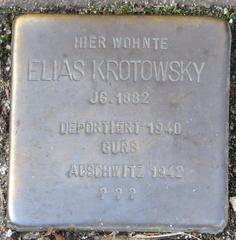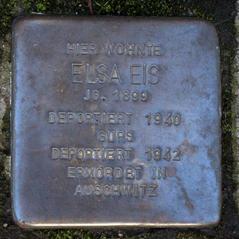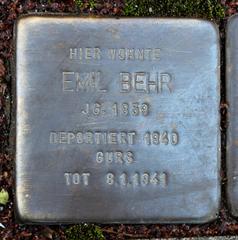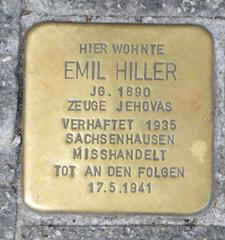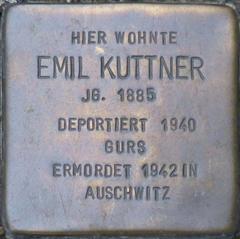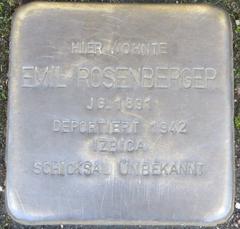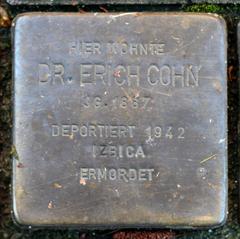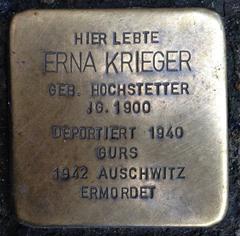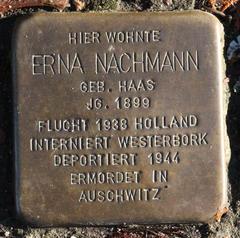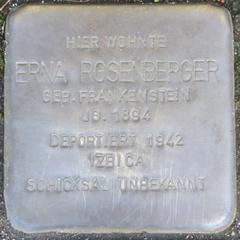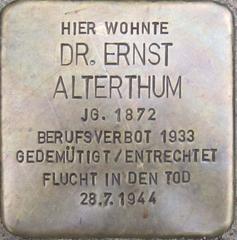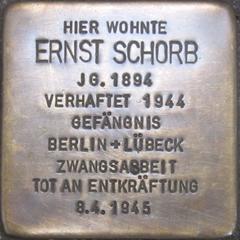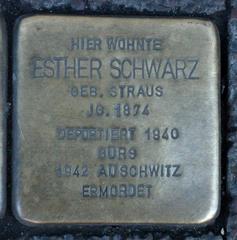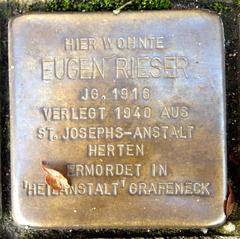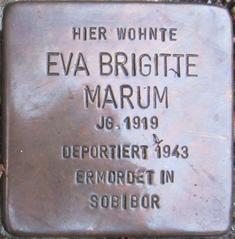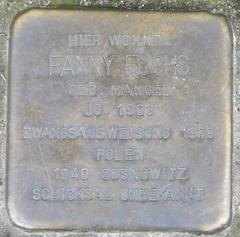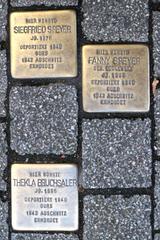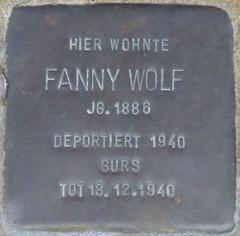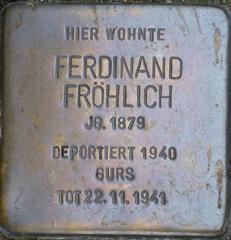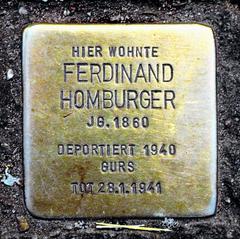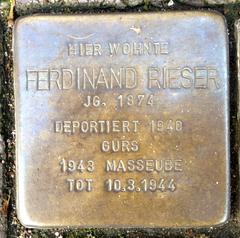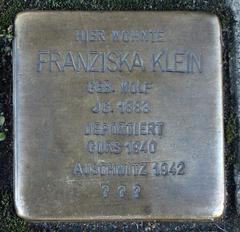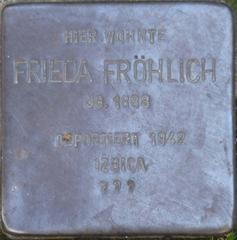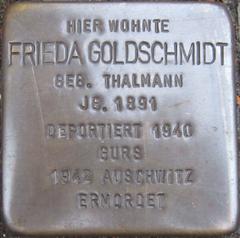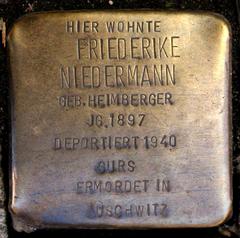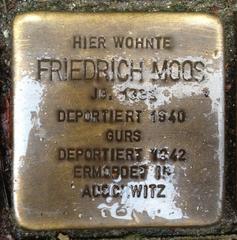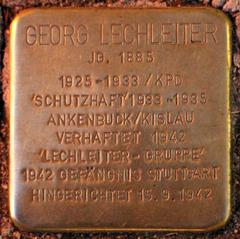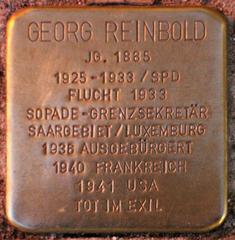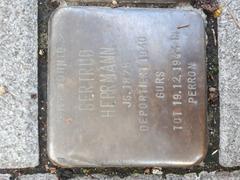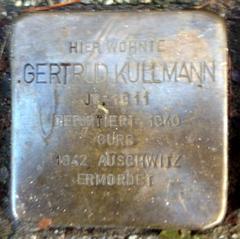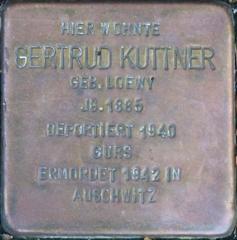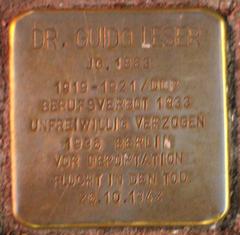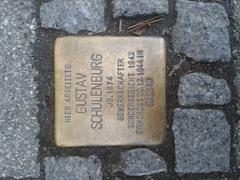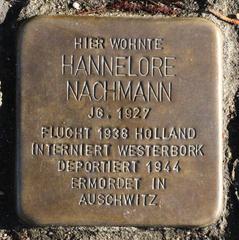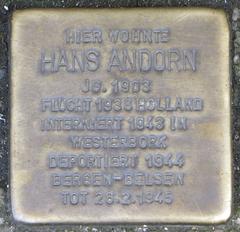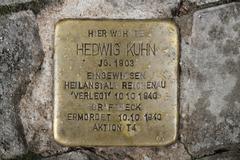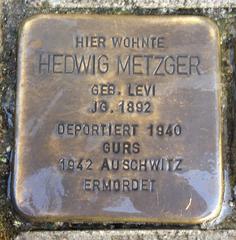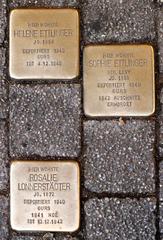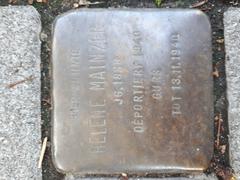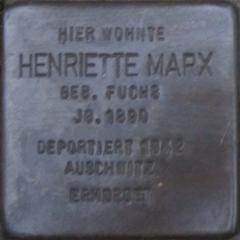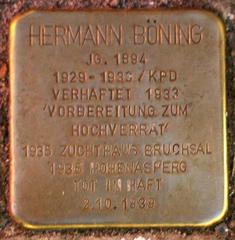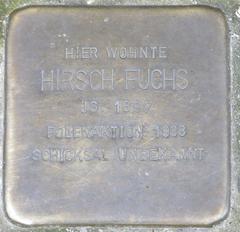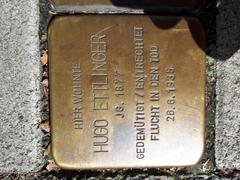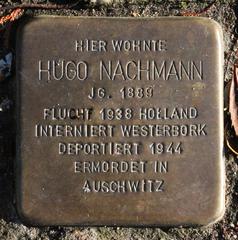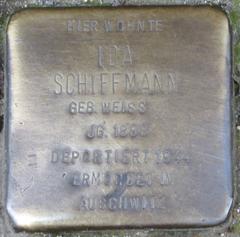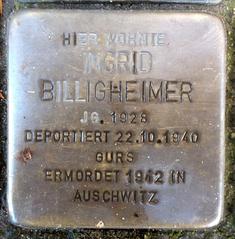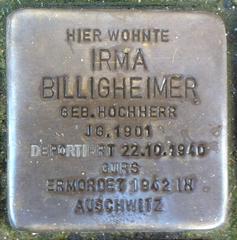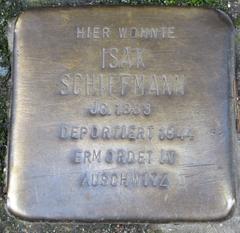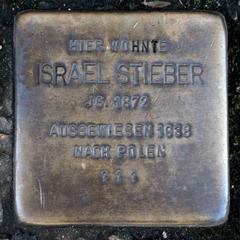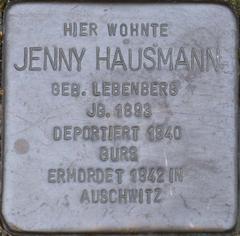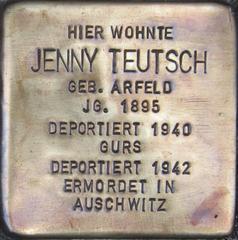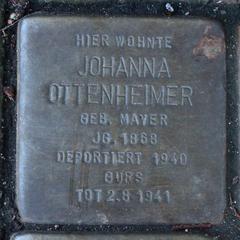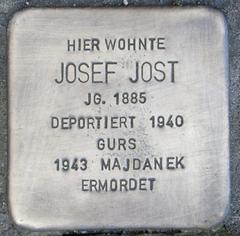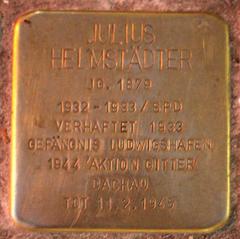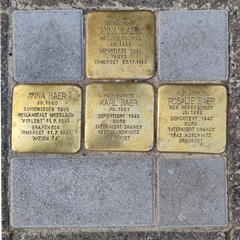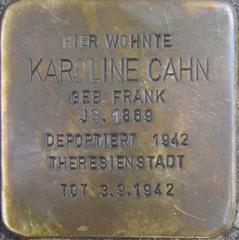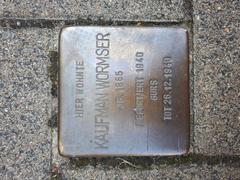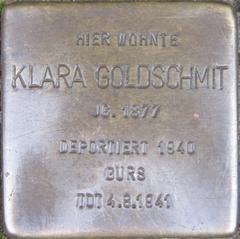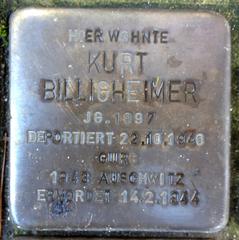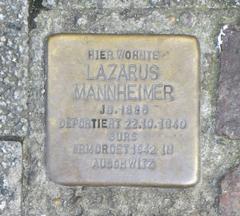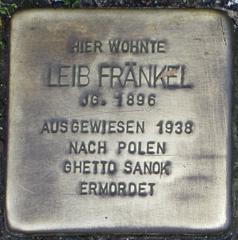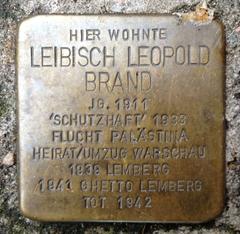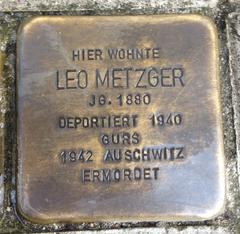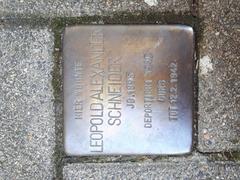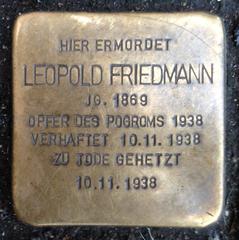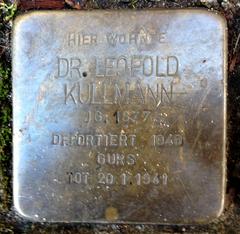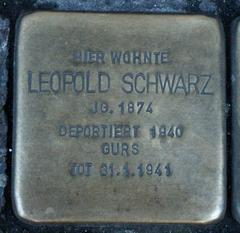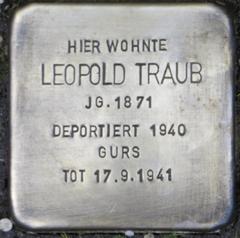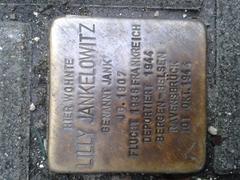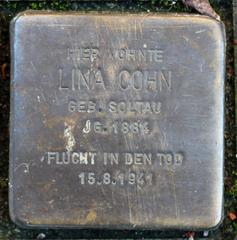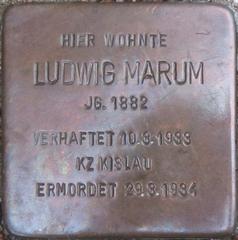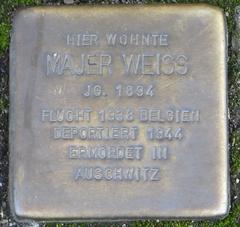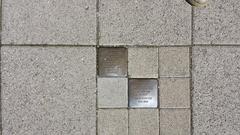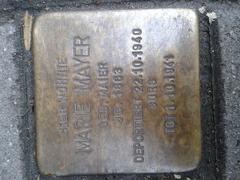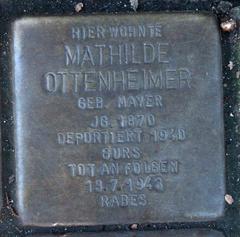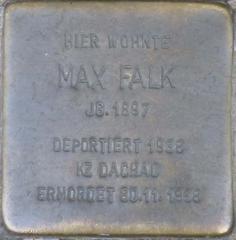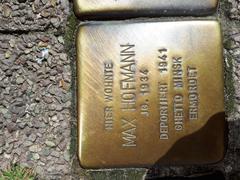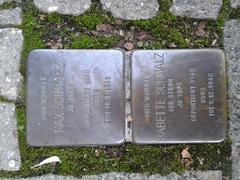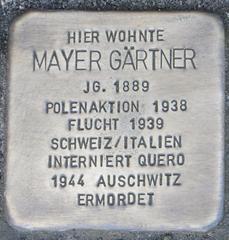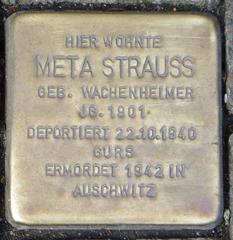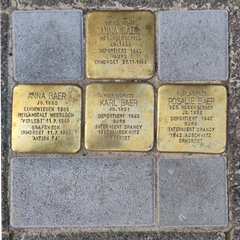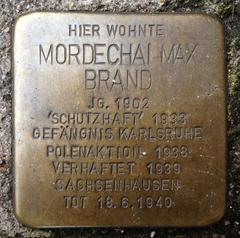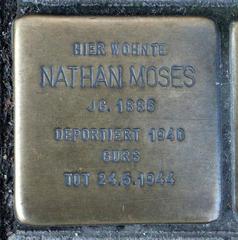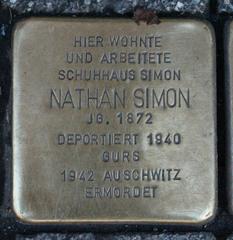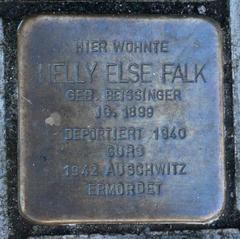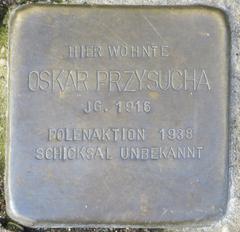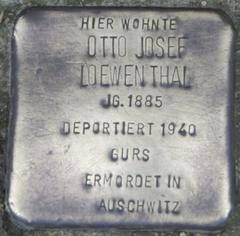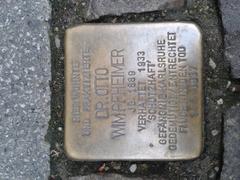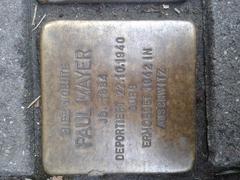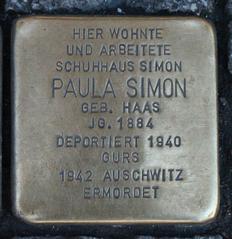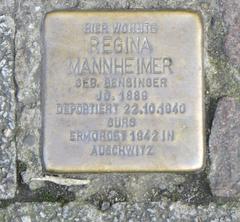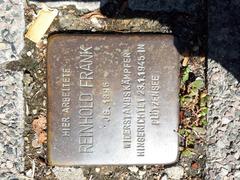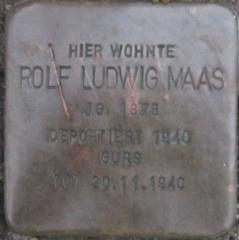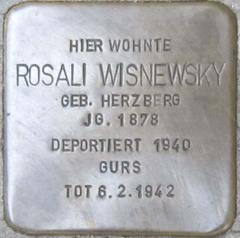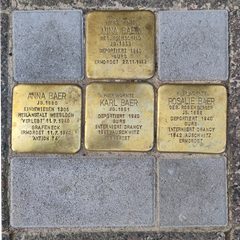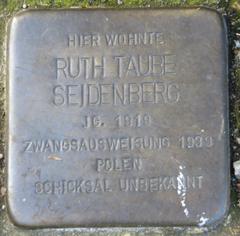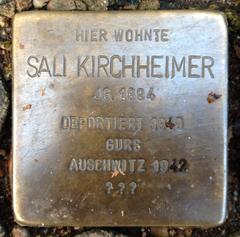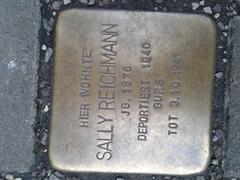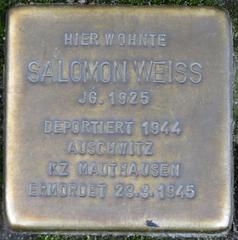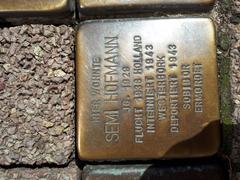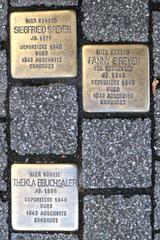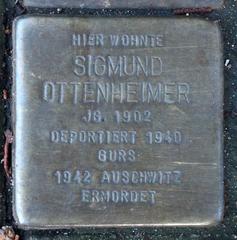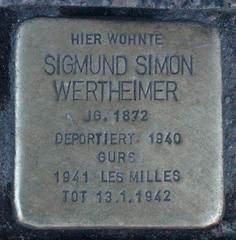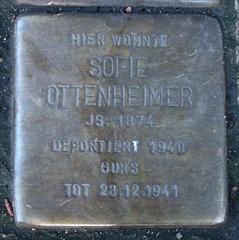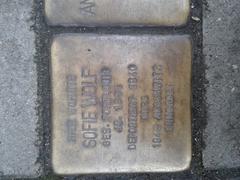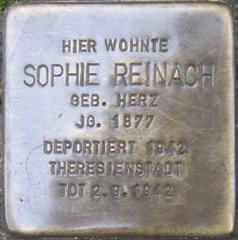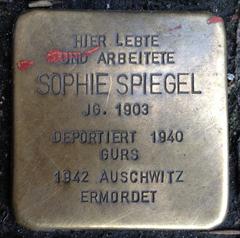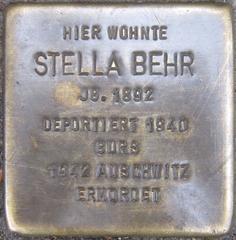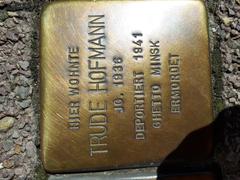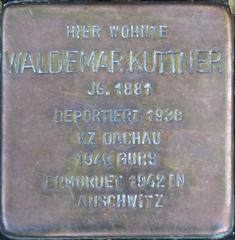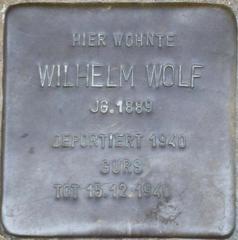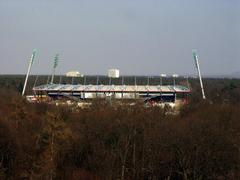State Museum of Natural History Karlsruhe: Visiting Hours, Tickets, and Travel Guide
Date: 14/06/2025
Introduction
The State Museum of Natural History Karlsruhe (Staatliches Museum für Naturkunde Karlsruhe, SMNK) is one of Germany’s preeminent institutions for natural science, education, and public engagement. Established in the early 18th century and centrally located in Karlsruhe, the museum has evolved from a cabinet of curiosities into a modern research and exhibition center. It houses extensive collections in zoology, botany, geology, and paleontology, and features innovative living exhibits such as Germany’s largest coral reef aquarium in its renowned Vivarium. This guide provides all essential information for planning your visit—including opening hours, ticket prices, accessibility tips, highlights of key exhibitions, and guidance for exploring nearby Karlsruhe historical sites.
Authoritative information is drawn from the museum’s official communications and scholarly publications to ensure your visit is both enjoyable and well-informed (SMNK official website, Springer, 2018).
Contents
- Historical Overview and Institutional Development
- Visiting Information: Hours, Tickets, Location, Accessibility
- Key Exhibitions and Collections
- Educational Programs and Public Engagement
- Facilities, Services, and Visitor Guidelines
- Travel Tips & Nearby Attractions
- Frequently Asked Questions (FAQ)
- Sources and Further Reading
Historical Overview and Institutional Development
Early Origins and Founding
The museum’s roots trace back to the early 18th century, when Karlsruhe founder Margrave Wilhelm von Baden began assembling a natural history collection in his palace. This “cabinet of curiosities” echoed Enlightenment ideals of exploring and categorizing the natural world (Springer, 2018).
Growth in the 19th and 20th Centuries
Throughout the 19th century, the collection expanded significantly, gaining status as the County Collections of Natural History (Badische Landessammlungen für Naturkunde). Specialized departments in zoology, botany, geology, and mineralogy were established, and the museum became a vital hub for scientific research and public education in Baden. The 20th century brought modernization, resilience through world wars, and major expansions, including state-of-the-art exhibition spaces and the celebrated Vivarium—a living showcase of aquatic and terrestrial creatures, highlighted by its 240,000-liter coral reef aquarium (SMNK official website).
Visiting Information
Opening Hours
- Tuesday to Friday: 9:30 a.m. – 5:00 p.m.
- Saturday, Sunday, and Public Holidays: 10:00 a.m. – 6:00 p.m.
- Mondays: Closed
Check the museum website for the most up-to-date information, especially during public holidays or special events.
Ticket Prices
- Adults: €5
- Concessions (seniors, disabled): €3
- Children (6–14), Students: €2
- Family Ticket: €10
- Annual Pass (Adults): €18
- Annual Pass (Concessions): €14
- School Groups (per student): €1
- Free Admission: Children under 6, Museums-PASS-Musées holders, Karlsruhe Card holders, Fridays after 1 p.m. (excludes public holidays and some special exhibitions)
Tickets are available at the entrance. For special exhibitions, admission may differ. Group and guided tour bookings are recommended in advance (museum brochure, p. 14).
Location and Directions
- Address: Erbprinzenstraße 13, 76133 Karlsruhe, Germany
- Public Transport: “Herrenstraße” stop (Stadtbahnen S1, S11, S2, S5, S51, S52; tram lines 1 and 4)
- Parking: Nearby car parks: ECE-Center, IHK, Landesbibliothek, Friedrichsplatz (museum brochure, p. 14)
Accessibility
The museum is fully wheelchair accessible with elevators, ramps, and accessible restrooms. Assistance dogs are welcome. For specific needs, contact: +49 (0)721 175-2111 or [email protected] (museum contact).
Key Exhibitions and Collections
Permanent Exhibitions
- Zoological Collections: Approximately 8.5 million specimens, including the Mollusk and Kiefer collections, regional and global fauna, and extensive insect collections (Springer, 2018).
- Botanical Collections: Comprehensive herbarium focused on Central European flora.
- Geology and Paleontology: Fossils, minerals, and dioramas illustrating the geological history of the Upper Rhine and beyond.
- Vivarium: Live exhibits of reptiles, amphibians, and fish, including Germany’s largest living coral reef tank with reef sharks.
- Interactive Zones: Hands-on stations, touch specimens, and multimedia displays.
Special & Temporary Exhibitions
Special exhibitions focus on themes such as biodiversity, current research, and environmental conservation. Notable upcoming events include the “VERSAMMELT” exhibition opening June 5, 2025. Check the museum website for the latest calendar.
Educational Programs and Public Engagement
The SMNK offers a variety of educational opportunities:
- Workshops and Lectures: For children, families, and adults.
- Guided Tours: Available in German and English; booking recommended.
- Rotary Nature Room: Hands-on activities for younger visitors.
- Citizen Science Projects: Participate in biodiversity monitoring.
- Online Resources: Virtual tours, live streams (e.g., Vivarium coral tank), and digital collections (SMNK official website).
Facilities, Services, and Visitor Guidelines
Amenities
- Cloakroom and Lockers: Safely store bags and coats (large bags/backpacks not allowed in exhibitions).
- Accessible Restrooms: On every floor.
- Museum Shop: Books, souvenirs, educational materials, and gifts.
- Café: Refreshments with views of Friedrichsplatz (museum brochure, p. 12).
Photography
Photography for personal use is allowed, except with flash in the Vivarium or near sensitive exhibits. Tripods and commercial photography require advance permission (museum brochure, p. 15).
Visitor Guidelines
- Supervise children, especially in the Vivarium.
- No food or drink in exhibition areas.
- Touch exhibits only where permitted.
- Store umbrellas and bulky items in the cloakroom.
Travel Tips & Nearby Attractions
- Arrive Early: Weekends and holidays can be busy, particularly in the Vivarium.
- Combine Your Visit: Walk to Karlsruhe Palace, Botanical Gardens, and the State Art Gallery, all nearby.
- Karlsruhe Card: Enjoy free entry to the museum and other top sites (Outdooractive).
- Plan Ahead: Visit the official website for the latest updates.
Frequently Asked Questions (FAQ)
Q: What are the SMNK visiting hours?
A: Tuesday–Friday 9:30 a.m.–5:00 p.m.; weekends and public holidays 10:00 a.m.–6:00 p.m.; closed Mondays.
Q: How much do tickets cost?
A: Adults €5; concessions €3; children (6–14) €2; family €10; free for children under 6 and select pass holders.
Q: Is the museum wheelchair accessible?
A: Yes, with barrier-free access, elevators, and accessible restrooms.
Q: Are guided tours available?
A: Yes, in German and English. Book in advance for groups.
Q: Can I take photos inside?
A: Personal photography is allowed, but no flash in sensitive areas. Tripods require permission.
Q: Are there special exhibitions?
A: Yes, regular temporary exhibitions—some may have separate entry fees.
Sources and Further Reading
- State Museum of Natural History Karlsruhe: Visitor’s Guide, Historical Overview & Tickets, 2025
- Springer, 2018, Institutional and Scientific Development of SMNK
- State Museum of Natural History Karlsruhe: Visiting Hours, Tickets & Exhibits Guide, 2025
- Museum Layout and Key Exhibitions, 2025
- State Museum of Natural History Karlsruhe Visiting Hours, Tickets & Visitor Guide, 2025
- Museum Brochure, English PDF
- Outdooractive Karlsruhe Card Info
Conclusion
The State Museum of Natural History Karlsruhe is a cornerstone of scientific and cultural life in the region. With its vast collections, engaging exhibitions, and family-friendly amenities, it offers a rewarding experience for visitors of all ages. Make the most of your visit by exploring special exhibitions, joining guided tours, and leveraging the museum’s digital resources. Its central location makes it an ideal starting point for a day exploring Karlsruhe’s historical sites.
For the latest information, visit the official SMNK website, and download the Audiala app for audio guides and updates. Follow the museum and Audiala on social media to stay informed about upcoming events and exhibitions.
